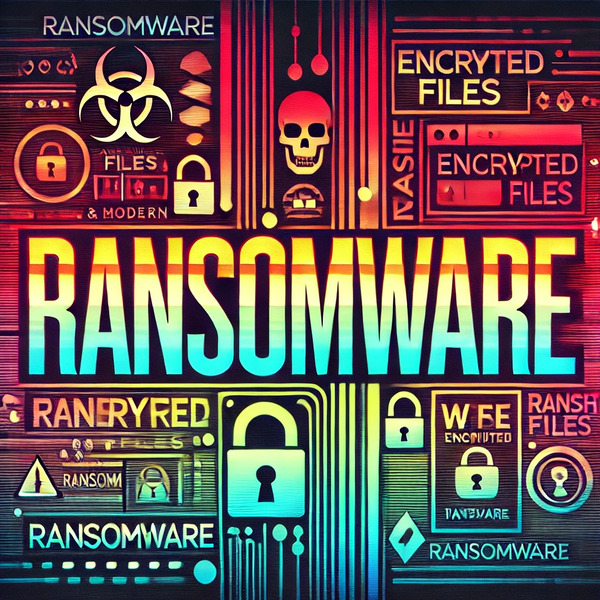
Cybercriminals in the UK have recently shifted their attention to a new, high-profile target: UK retailers. This marks a significant escalation in the threat landscape, where digital criminals are now turning their focus on disrupting major businesses. In a bizarre twist, these groups seem to have taken inspiration from The Blacklist, a hit TV show that gained popularity after its 2013 debut. The show, which became especially popular with younger audiences, might have unwittingly inspired the name choices of these cybercriminals, who now associate themselves with the notorious characters of Raymond “Red” Reddington and Dembe Zuma, despite having no actual connection to the producers or actors behind the series.
One of the latest victims, the Co-Op, has failed to meet the ransom demands set forth by the DragonForce ransomware group. This refusal has prompted the hackers to announce their intentions to leak the stolen data on the dark web. Worse still, they are reportedly prepared to sell this information to verified parties who are willing to pay for it. This move underscores a disturbing trend of increasing sophistication in cyberattacks, with ransomware gangs now using stolen data as a commodity on the black market.
Financial Fallout for Retailers and CEOs
The ripple effects of these cyberattacks are not limited to the technical side of operations but extend to the financial health of companies. Stuart Machin, CEO of Marks and Spencer, revealed the significant economic impact his company faced when it became embroiled in the latest wave of cybercrime. The retailer’s share prices plummeted by 15%, and as a consequence, Machin’s personal compensation is expected to take a substantial hit, with a projected £1.1 million reduction in his pay.
This serves as a stark reminder of how cyberattacks can create widespread financial repercussions, not just for the companies themselves but also for top executives who are often held accountable for the company’s performance.
NHS England Takes Preventive Measures Amid Rising Threats
As these threats loom larger, NHS England has been actively urging companies—particularly those in critical infrastructure sectors—to strengthen their cybersecurity defenses. Experts within the healthcare sector have warned that ransomware groups like DragonForce could strike not just once but multiple times, wreaking havoc on both public and private entities. To address this, NHS England has developed a new cybersecurity charter aimed at countering the growing ransomware threat. While the framework itself is not groundbreaking—many similar initiatives already exist globally—the NHS’s focus on collaboration and unified action across organizations is a step in the right direction.
Cybersecurity experts agree that it is no longer a matter of if an organization will be attacked, but when. The emphasis is shifting towards preparedness and resilience, ensuring that businesses can weather these attacks without losing critical data or facing prolonged operational disruptions.
The Co-Op’s Digital Disruption: A Misleading Report?
In a surprising twist, the Co-Op, which initially denied any impact from a cyberattack, has faced significant operational disruptions. Early reports suggested that a configuration error, rather than a cyberattack, had caused a shutdown of the retailer’s digital systems. However, this technical mishap had far-reaching consequences. It severely impacted the company’s supply chain and logistics functions, leading to widespread shortages in deliveries—a scenario that often mirrors the aftermath of a full-scale cyberattack. This confusion has only added to the complexity of the situation, with many questioning whether the incident was indeed a case of poor configuration or whether there was more to the story than meets the eye.
DragonForce: A Ransomware Group with a Unique Twist
To wrap things up, while the criminal activities of the DragonForce group are undeniably alarming, it’s worth noting that they have chosen to link their identity to the characters from The Blacklist. This strange connection has no bearing on the actual content of the show, nor any direct involvement with its creators. However, the group’s decision to associate itself with figures like Raymond Reddington and Dembe Zuma speaks to the growing trend of cybercriminals branding themselves in ways that make their attacks seem almost theatrical. It’s as if the cyber underworld is using popular culture references to cultivate an aura of mystique or even intimidation.
As ransomware attacks continue to evolve in both scale and sophistication, the cybersecurity community, businesses, and consumers alike must remain vigilant and proactive in safeguarding their digital infrastructures. The risk is real, and the stakes are higher than ever.
Ad
Source link
#Cyber #Crime #takes #turn #show #Blacklist






























